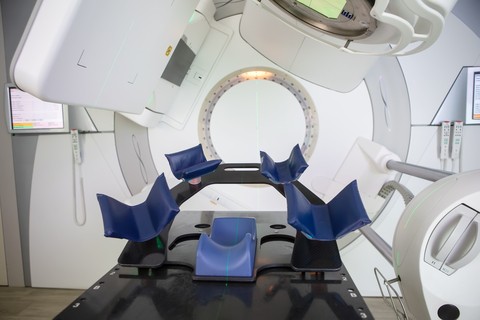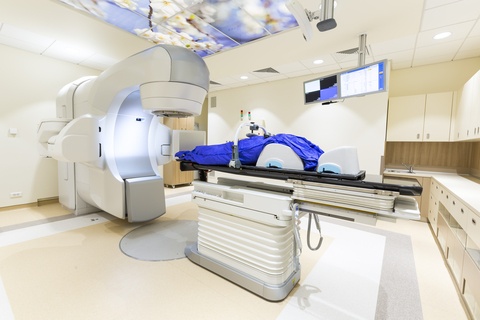The Role of Adjuvant Radiotherapy in Mesothelioma Treatment
A groundbreaking study explored a different approach to mesothelioma treatment. Patients treated with radiation therapy after surgery showed promising results. This technique is called adjuvant radiotherapy. Revolutionizing Mesothelioma Treatment Mesothelioma is a rare but aggressive type of cancer that affects the lining of the lungs, heart, or abdomen. It’s caused by exposure to asbestos, a harmful mineral that was once widely used in construction and manufacturing. Because it’s often diagnosed at an advanced stage, treatment options have been limited. And the prognosis hasn’t been very promising. For a long time, the standard treatment for mesothelioma has been a combination. This often includes chemotherapy, surgery, and radiation therapy. Of all three, chemotherapy is the common approach. Only one chemotherapy drug combination…









